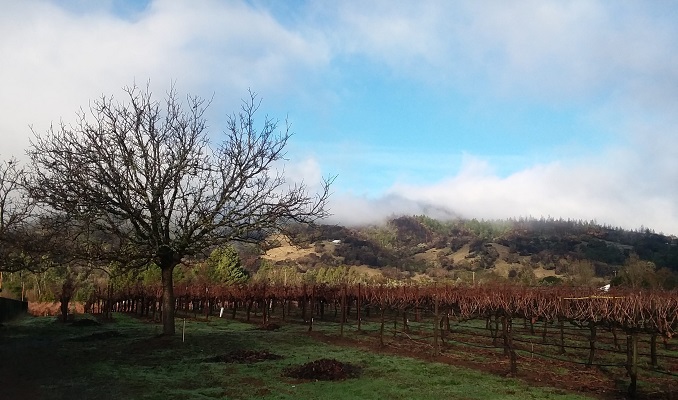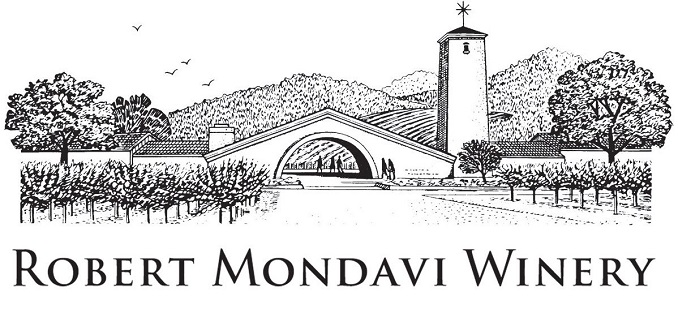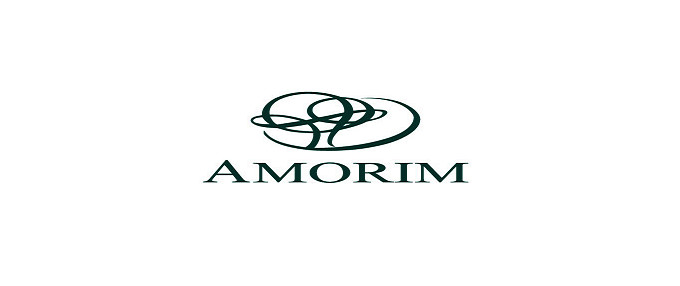Mendocino County Achieves Conjunctive Labeling for Local Wines
Mendocino WineGrowers (MWI), the wine marketing organization for Mendocino County, is proud to announce their success in getting conjunctive labeling passed for the County. As of January 1, 2023 all wines labeled with an AVA located in Mendocino County must also include “Mendocino County” on the label. This designation is a huge coup for an area whose grapes are prominently used in many notable Californian wines, but is still a lesser known region for the average consumer. Conjunctive labeling has been proven to successfully enhance the recognition of AVAs, especially smaller AVAs, as per a study done by Sonoma State in 2017 on the effects of labeling.
The MWI Board began exploring the idea of a conjunctive labeling program to improve consumer identification and understanding of the region’s wines early in 2018. Given the strong evidence that conjunctive labeling programs benefit the regions that enact them, a draft proposal for Mendocino County was crafted by MWI. The language, largely based on the successful Monterey program, was designed for simplicity and minimal impact on wineries. MWI worked closely with Californian Senator Mike McGuire who drafted bill SB1009 and championed it through the State Senate, winning approval by Governor Newsom and ultimately achieving its approval.
“Conjunctive labeling is crucial to growing consumer recognition, as proven by its success with other notable regions such as Napa and Sonoma. We are thrilled to have this new vehicle to get Mendocino County the spotlight it deserves. Our wines are highly coveted, yet many consumers mistaken them for other regions and with this new tool we feel we can broaden our customer base and grow the already impressive following we have achieved so far,” said Bernadette Byrne, Executive Director of Mendocino WineGrowers, Inc.
Exact details of the new labeling law are as follows:
WHAT: Any wine labeled with an AVA that is located entirely within Mendocino County or a vineyard designation within Mendocino County, must also include “Mendocino County” on the label.
PLACEMENT: “Mendocino” (if the AVA falls within the Mendocino AVA boundary) or “Mendocino County” would be placed on the front OR back label.
TYPE SIZE: For containers 188 ml. or larger, type size would be 2 mm. or larger. For containers of 187 ml. or less, type size would not be smaller than 1 mm.
Read Also: Zenergy Caffeine Gum Disrupts Industry, Replaces Coffee – F & B
OTHER LABELING: Other AVAs, vineyard designations and/or appellations could also appear on the label (as long as the wine is qualified under TTB regulations).
EFFECTIVE DATE: January 1, 2023
Mendocino County has a long history of winemaking which dates back to the mid-1800s when the first Italian immigrants settled the green hillsides. Still today, the majority of the region’s 570 vineyards remain in the hands of family farmers, many of whom have lived for two or more generations on their land—some tracing their roots to the first settlers. The deeply rooted winegrowing community of farmers share a common passion for growing quality grapes, stewarding the land and producing outstanding wines.
Although Mendocino is one of the largest wine-producing counties in California, the area planted with wine grapes (17,470 acres) represents only about 0.8% of the total County area. The diversity of the growing conditions leads to numerous winegrowing regions, each with a distinct personality, and twelve of these regions are approved American Viticultural Areas (AVAs). Mendocino includes the world renown Anderson Valley AVA and the geographically unique Mendocino Ridge AVA, the only non-contiguous AVA in America. Red grapes represent the majority of the Mendocino grape acreage, the most widely planted are Pinot Noir, Cabernet Sauvignon, Zinfandel, Merlot and Syrah but other common varietals are Petite Sirah, Carignane, Grenache, Sangiovese and Barbera. Chardonnay and Sauvignon Blanc are the most popular white grapes followed by Gewurztraminer, Viognier and Pinot Gris. This wide array of grapes favors the production of a broad range of wine styles, including sparkling wines of exceptional quality.








